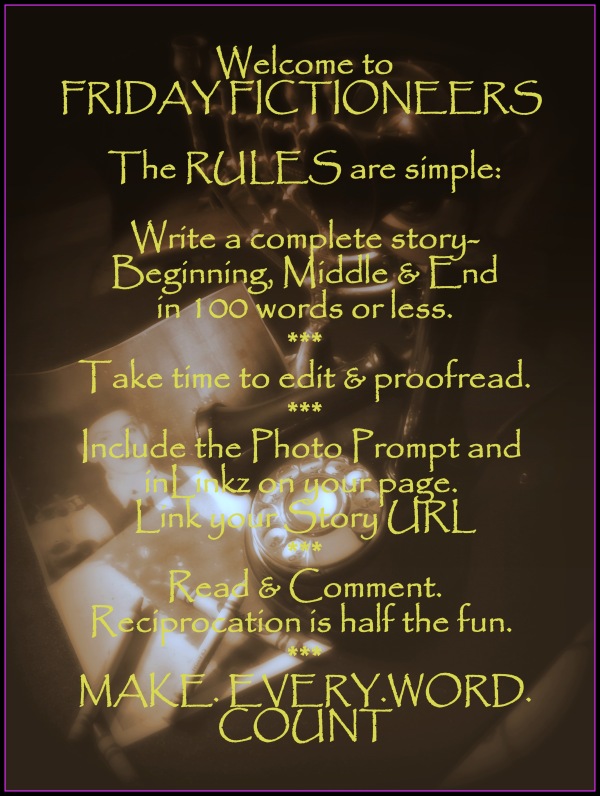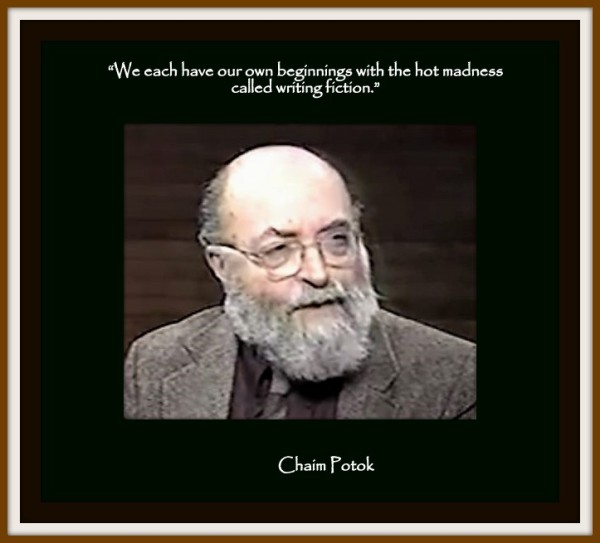
C. E. Ayr
C.E. Ayr has always been somewhat nomadic, fairly irresponsible and, according to his darling daughter, a bit random.
His work history ranged from selling programmes at his local football club to running his own company which supplied IT solutions to the retail sector.
He has now discovered Paradise in a small town he calls Medville on the Côte d’Azur.
Hence the title of his recently published book of Sound Bite Fiction, MEDVILLE MATTERS.

Your Bio was written a few years ago, has anything changed?
On the surface, not much.
I am still, to my surprise, in Medville.
I am, rather sadly, happier than I have ever been in my life.
I am relaxed and creative, I write Sound Bite Fiction of 100 words and novellas of 20,000 words.
I write poetry and, arguably, song lyrics.
I have heard very different versions of my stuff produced in very different ways by very different musicians.
Yep, Bluegrass to Heavy Metal.
I have seen Carolina Sartor, a Canadian artist of exceptional talent, translate a children’s poem into twenty-two breathtakingly beautiful images well beyond the scope of my imagination, culminating in the creation of The Famous Green Hunchback Turtle of Béthune, my latest book for children.

he can sky dive
I have met some interesting guys and some beautiful ladies.
And, most amazingly, I have found the best friend I have ever had in my life.
I have grown up and become sensible.
Did I mention that I write fiction?
What made you decide to be a writer?
I grew up in South Africa at a time when there was no television and very little English-language radio, so I became a voracious, almost compulsive, reader.
So story-telling has always seemed natural to me.
What is your favorite genre? Why?
I read across-the-board fiction, enjoying anyone who can tell a story.
I would say I am not a big fan of horror, but I am a huge admirer of Stephen King, or of Westerns, but I love Elmore Leonard.
I am also not too keen on Science Fiction, but I am impressed by Wells, Asimov and Clarke, and the dystopian works of Orwell, Bradbury and Huxley.
I devour the crime stories of quality writers like Michael Connelly, John Connolly, Robert Crais, and Scotland’s Ian Rankin.
Who is the author who inspires you the most?
I guess that John Steinbeck is top of that list, his seemingly effortless prose creating works as diverse as The Grapes of Wrath and Cannery Row. His writing always seems to have a power unmatched by anyone else.
But I have to give honourable mentions to Franz Kafka and Hermann Hesse, along with more modern authors including Paul Auster, Sebastian Faulks and Iain Banks.
Apart from Rankin and Banks, I am also inspired by other compatriots, from Robert Louis Stevenson and Lewis Grassic Gibbon, through Alasdair Gray to Irvine Welsh and A L Kennedy.
And, of course, I pay homage to the genius who is Dr Seuss!
I apologise to other favourites who are temporarily hidden in strange dark corners of my mind.
How often do you write?
Pretty much every day, but times vary.
Typically the afternoon is my leisure time when, depending on season, I walk or swim. This is when I am most creative, and I constantly make notes of thoughts and ideas, no mean feat when I am up to my ears in my beloved Mediterranean Sea.
Then I draft stories on paper, longhand, while I relax at the Little Café in the Square or the Little Café at the Port, both of which I feature in my tales.

’tis a hard life
The following morning I input these to my laptop, filling in the blanks and trimming the redundancies, before emailing them to my friend and first line editor Emmy L. Gant for her critical analysis. And as a backup in case of natural disaster, which I can be!
Do you have any major projects in the works?
Most importantly, I am currently looking for a publisher for The Famous Green Hunchback Turtle of Béthune, as mentioned above.
I have two novellas at the finishing stage, with no clear idea of what I will do with them.
I rarely write with a market in mind, I produce just what the muse says at the time.
Occupation tells of a small group of resistance fighters in a land occupied by The Creation, while Abduction is a tale of vengeance, where one man pursues the organisation who kidnapped his girl.
They are very different in content but, like my previously published e-book, The Second Request, are written in my trademark short line style.

I am, of course, thinking about a second book of Sound Bite Fiction, but living in a non-English speaking country makes marketing difficult at a personal level.
I certainly have enough material, in fact probably enough for three books, I am nothing if not prolific.
My recent stories are generally slightly longer and, I believe, even more personal than Medville Matters.
In what way is your writing becoming more personal?
Ah, good question!
I find it an interesting paradox that the more fiction I write, the more of myself I expose.
But we create using ideas from within ourselves, our imagination, our dreams, our memories.
And not just our successes but, more pertinently, our failures and losses.
Some stories are pure fantasy (I kill far fewer folk in real life), but in others I feel that I have stripped my soul naked.
You say you also write poetry and songs. Who are your inspirations here?
Again, they are many and varied but, as a Scot who did several years of schooling only a couple of miles from his Ayrshire birthplace, I have to say that Robert Burns stands alone.
Outwith his work, my favourite poem is probably The Ballad of Reading Gaol by Oscar Wilde.
And I am in awe of Leonard Cohen.
What are your writing goals for the future?
I don’t make goals, I rarely make any plans, I tend to live in the moment.
A few years ago I sold, or otherwise disposed of, everything I owned.
With my worldly possessions in two suitcases (one summer, one winter) I took a coach 500 miles to the English Channel, crossed to Calais and rented a car.
Other than the offer of temporary accommodation at Emmy’s home a further 750 miles to the south, I had nothing fixed in my mind.
Every day is an adventure.
Or, as Robert Heinlein (I forgot him earlier!) said, life is short, live wide.
What advice would you give other writers?
As Shakespeare says, advice is free and that’s all it’s worth.
But I do make a plea to everyone who tries to write.
Please, learn some basic grammar, and use a spell checker.
Okay, two words of advice.
Read.
(Not Tweets or the Sports pages, but real books by decent writers.)
Write.
(All the time.)



























